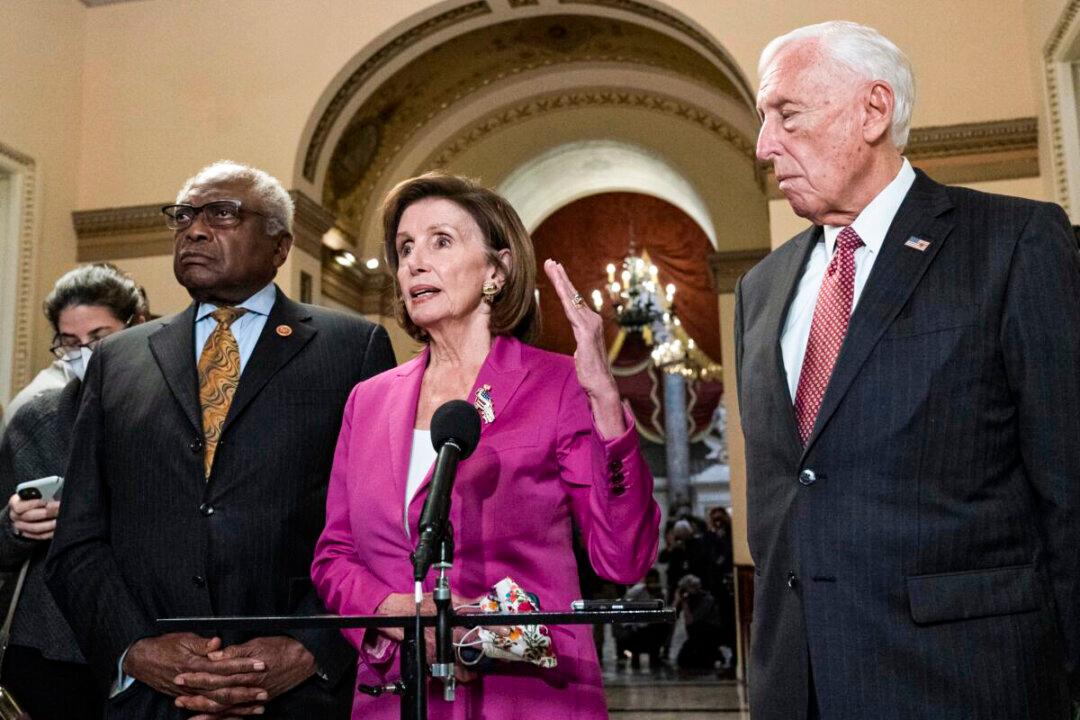The Committee for a Responsible Federal Budget (CRFB), a nonpartisan organization with an emphasis on federal finances, has said that Democrats’ budget reconciliation, which Democrats have marketed as a $1.75 trillion bill, will actually cost around $2.4 trillion.
The $1.75 trillion bill was unveiled by the White House after months of negotiations with a handful of moderates who refused to vote for the original, more expansive $3.5 trillion budget proposal.





